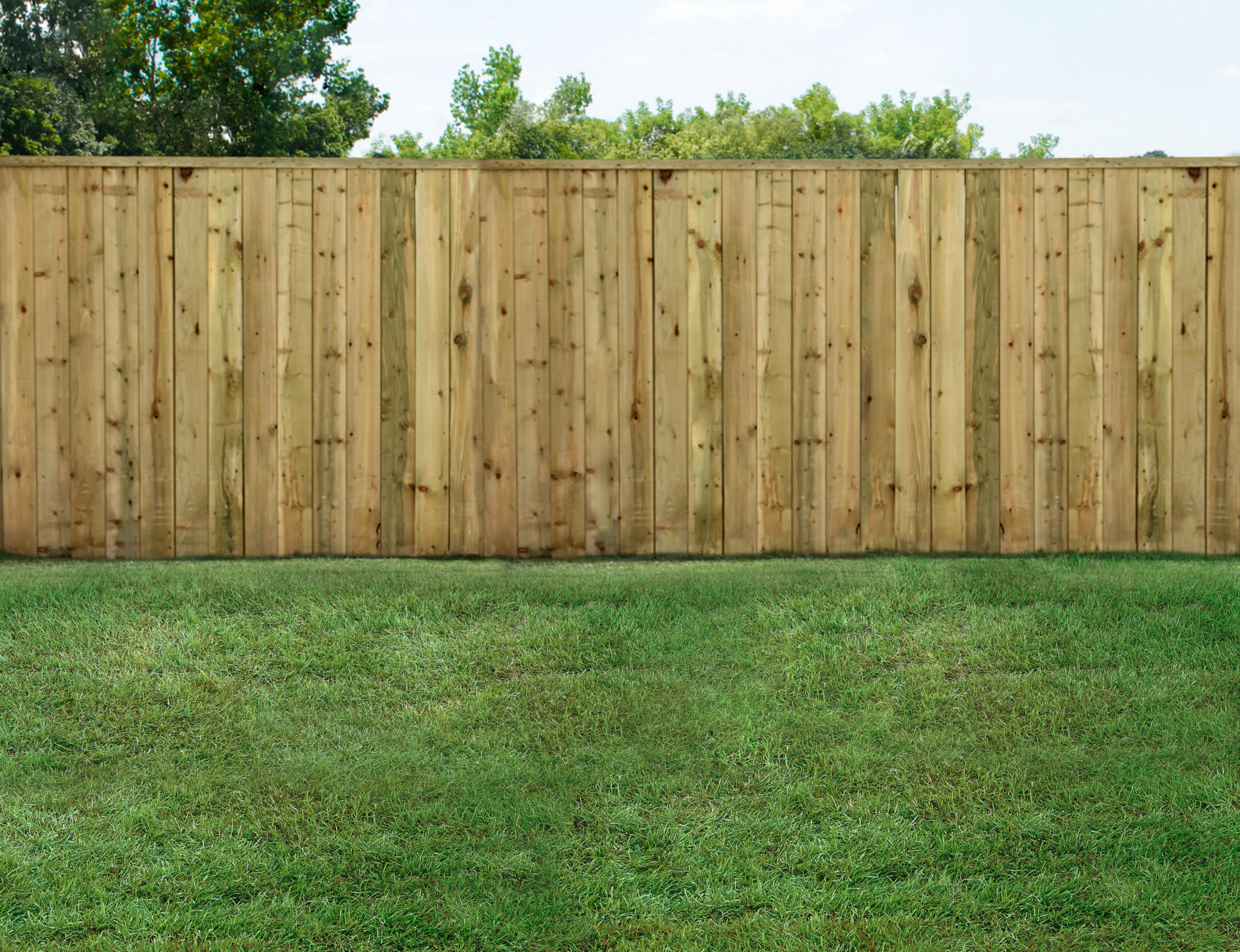Common Lawn Care Misconceptions Debunked by Experts
Understanding Lawn Care Misconceptions
Lawn care is a topic filled with various beliefs and practices, some of which are more myth than fact. Homeowners often find themselves confused by conflicting advice. In this blog post, we will explore some common lawn care misconceptions and provide expert insights to help you achieve a lush and healthy lawn.

Myth: Cutting Grass Short Reduces Mowing Frequency
One prevalent myth is that cutting grass very short will reduce the frequency at which it needs to be mowed. In reality, cutting grass too short, a practice known as scalping, can harm your lawn. Scalping exposes the grass to excessive sunlight and can damage the root system, leading to a weaker lawn susceptible to weeds and diseases.
Experts recommend following the “one-third rule,” which means never cutting more than one-third of the grass blade at a time. This practice helps maintain a healthy lawn that can better withstand stressors like drought and pests.
Myth: Watering Your Lawn Every Day is Necessary
Many people believe that daily watering is essential for a thriving lawn. However, experts advise that less frequent, deep watering is more beneficial than frequent shallow watering. Deep watering encourages roots to grow deeper into the soil, making the grass more drought-resistant.
A good rule of thumb is to water your lawn once or twice a week, depending on weather conditions and soil type. Ensure the soil is moist to a depth of about 6 inches to encourage healthy root development.

Myth: Fertilizer is Only for Spring
It’s a common misconception that lawns only need fertilization in the spring. While spring fertilization helps jumpstart growth after winter dormancy, lawns also benefit from fall fertilization. Fall feeding helps grass store nutrients for winter and promotes early spring growth.
Using the right type of fertilizer at the right time can significantly improve your lawn's health. Consult with local lawn care experts to choose the best fertilizer schedule for your specific grass type and regional climate.
Myth: All Weeds Are Lawn Enemies
While some weeds can be harmful to your lawn, others may not pose a significant threat. Identifying and understanding the specific types of weeds in your yard is crucial. Not all weeds require aggressive treatment; some may even coexist with your grass without causing harm.

Effective weed management involves proper lawn care practices, such as maintaining healthy grass and using targeted treatments when necessary. Overuse of chemicals can harm your lawn and the environment, so it's essential to strike a balance.
Myth: Aeration is Unnecessary
Aeration is often overlooked but plays a crucial role in maintaining a healthy lawn. The process involves perforating the soil with small holes to allow air, water, and nutrients to penetrate the grass roots. This helps alleviate soil compaction and promotes healthier root systems.
Aeration is particularly beneficial for lawns that experience heavy foot traffic or have heavy clay soil. Consider aerating your lawn annually to improve its overall health and resilience.
Conclusion: Expert-Backed Lawn Care Practices
Debunking common lawn care myths can lead to more informed decisions for maintaining your yard. By following expert recommendations, such as proper mowing practices, strategic watering, timely fertilization, and effective weed management, you can enjoy a vibrant and robust lawn all year round.
